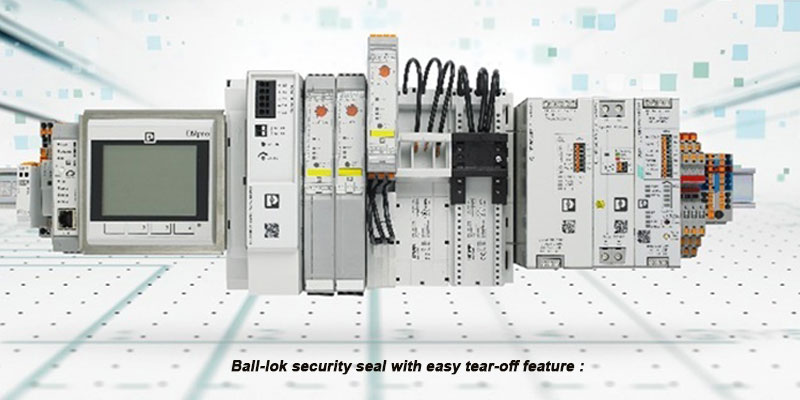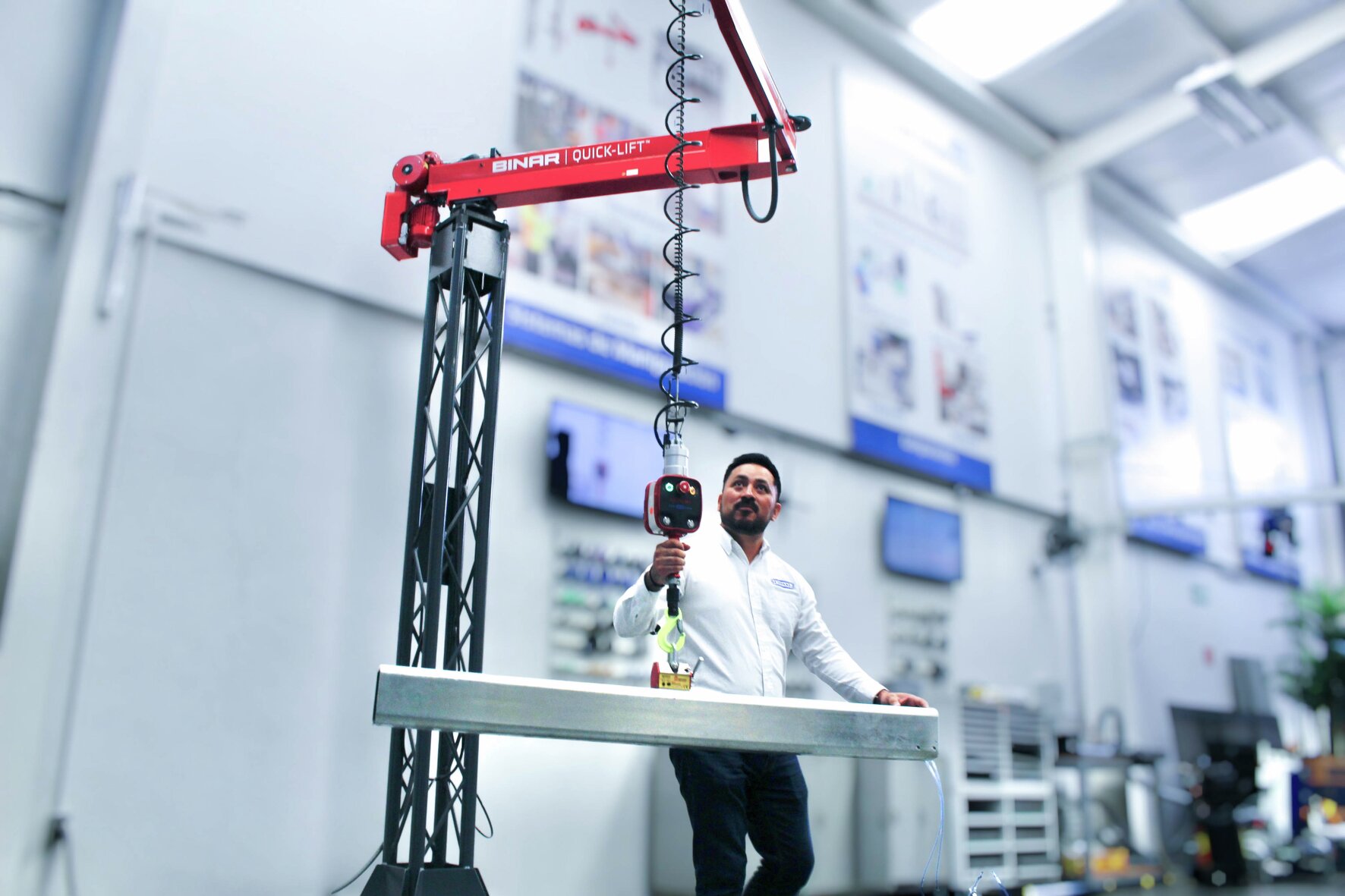Schedule a Call Back
Is this good news for the Indian auto industry?
 Articles
Articles- Sep 26,22
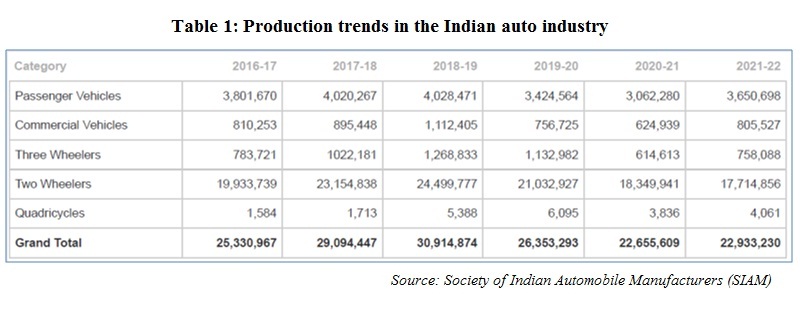
Related Stories

IESA to Launch Vision 2047 Battery Roadmap at IBMSCS 2026
IESA will unveil its Vision 2047 white paper at IBMSCS 2026 in Hyderabad, outlining a strategic roadmap to build a competitive, self-reliant domestic battery ecosystem for India.
Read more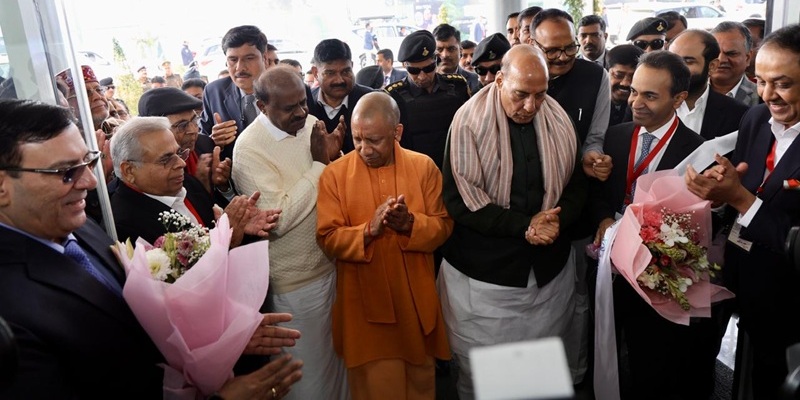
Ashok Leyland opens green mobility-focused greenfield plant in Uttar Pradesh
Designed primarily for electric vehicle manufacturing, the plant has an annual production capacity of up to 5,000 vehicles.
Read more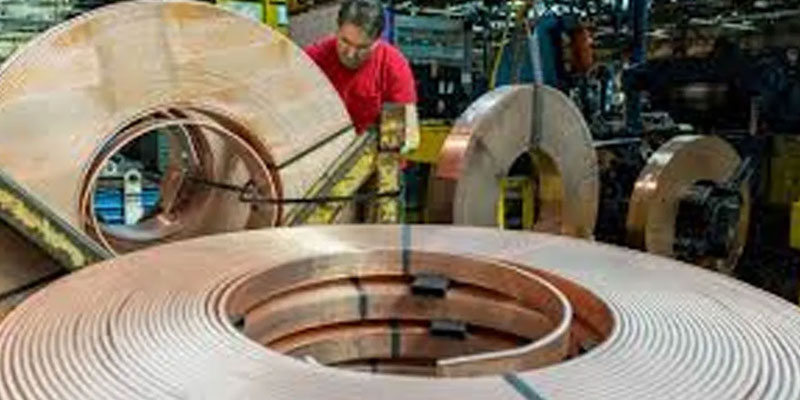
Copper Prices Hit Record Above $13,000 per Tonne
Supply fears and AI-led demand drive sharp rally
Read moreRelated Products

Automotive Oil Pump
Kalpak Auto Pvt Ltd offers a wide range of
automotive oil pump.
Tata Motors unveils facilities for development of Hydrogen propulsion tech
Tata Motors, India?s largest automobile company, unveiled two state-of-the-art & new-age R&D facilities for meeting its mission of offering sustainable mobility solutions. The unveilings constitute of Read more
Tata Motors plans petrol powertrain for Harrier and Safari SUVs
Tata Motors is in the process of developing a new petrol powertrain for its premium sports utility vehicles, the Harrier and Safari, as confirmed by a senior company official. Currently, these models Read more





